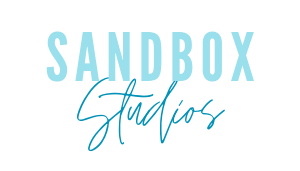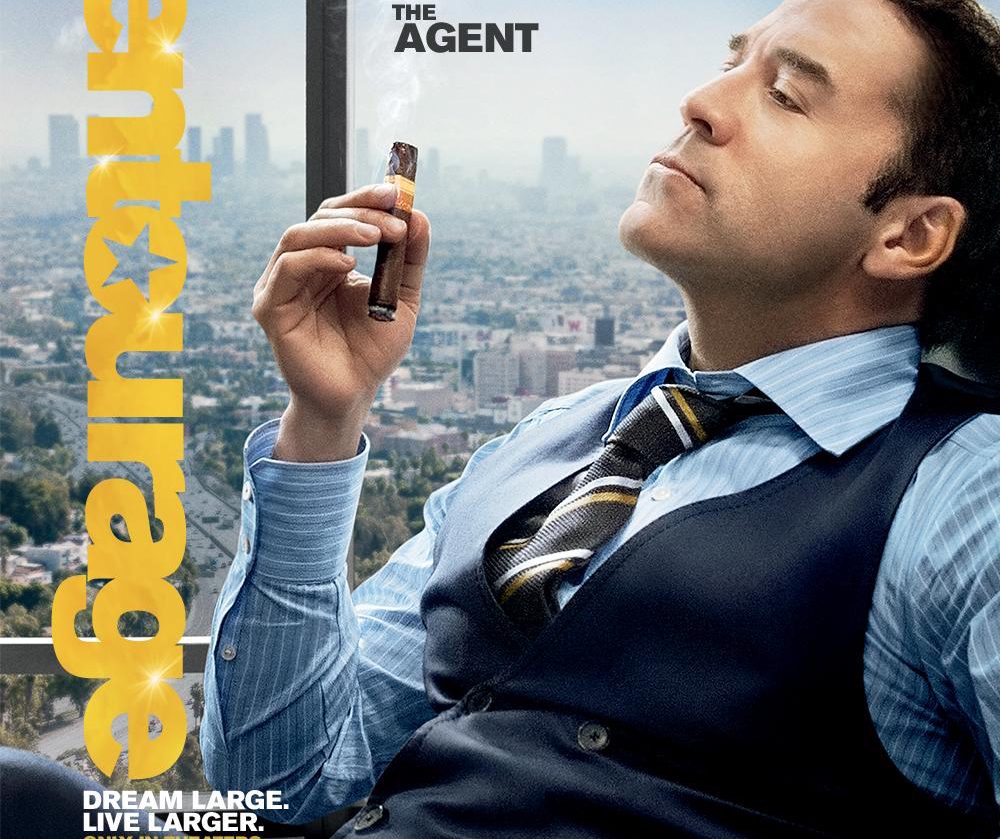It’s not who you know (but it’s also who you know)
Sandbox Studios is currently working on eight talent-led deals, which is a lot considering we only did our first close in July. You’d anticipate that these deals would come through the same network, the same people, or at least the same agency. The truth is all deals are separate and are being worked on in completely different ways. It’s the wild west in terms of deal making and it makes what we do that much more necessary – and exciting.
There is a matrix of people who work in talent and entertainment, and that doesn’t include all the people who work in brands. Throw in some finance and legal people and you really have your work cut out for you. Between approaching a publicist, a talent manager, or the lawyer there are often at least 10 good ways of getting a partnership on the table.
In my experience, there is no best way. Everyone works differently, trusts different people, and has different motivations for the types of partnerships they get into. Therefore, it really becomes a case of understanding the matrix of connections and relationships. Beyond that you absolutely need to be good at your job. People always want to work with people who are good at their job – mostly because it makes them look good. Therefore, if you can prove you can deliver – it becomes that much easier to get your opportunity considered, no matter what industry you work in.
Assuming the opportunity is solid – something that aligns to the talent in question with great terms on the table, how does one get this amazing proposal over to be considered? Typically, you must do some research here as there isn’t one commercial manager for talent who reviews these things.
The usual suspects are as follows:
- The Lawyer: if your deal has great commercial terms, then The Lawyer is often one of the better routes to approach. They are well positioned to understand whether doing a deal is right for their client – and typically is the one who is structuring them, which means they have more experience than some of the other marketing people on the team. However, lawyers don’t often understand the marketing value of a deal – so if your proposal leans heavily on “we’ll make millions but we aren’t there yet”, then I’d recommend reaching out to someone else.
- The Friend: these are great, but often don’t go anywhere. Having friends who are friends with famous people is a nice to have, but unless those friends are well respected business people, deals that come through this person rarely go beyond the initial deck being sent.
- The Publicist: more and more, The Publicist is getting into the game of equity deals and building brands for their clients. This has been driven from the client in question, which is often why there isn’t a lot of VC-level diligence done (which is a problem). But The Publicist can see beyond dollar signs and will understand how a partnership could grow both brands – which is a win-win for everyone involved. If your deal provides great brand exposure or a shift in demographic positioning, then The Publicist is a great call to make.
- The Agent: historically these were the people that stopped every great brand equity deal from happening because they wanted cash up front. This isn’t their fault; it’s how their business is set up with commissions being their sole revenue. No one is going to risk sleeping on friend’s couches in lieu of a pay out that may or may not happen in 5 years’ time. However, in the last couple of years, talent agents are starting to realize that equity can be more rewarding than cash. But these are usually agents that tend to be financially set (think infamous momager Kris Jenner) as they are able to take on more risks.
- Direct: I often speak to brands who have celebrity friends and celebrity brand advocates already, but they almost never want to approach them to do brand deals. I feel brands are in the same boat as entrepreneurs when they want to launch their business – always reticent about asking friends and family for seed investment. But if you can’t ask your friends and family to help you out, then you likely don’t have a very enticing business proposition – or you need a new group of friends.
Although these are the typical people involved with assessing brand deals, this is not a finite list. More people are on the hunt for great opportunities, which makes it an extremely cluttered market. As it can be quite time consuming so you need to know where to start to not waste countless hours spinning your wheels with people who have no intention of getting your opportunity into the right hands!

